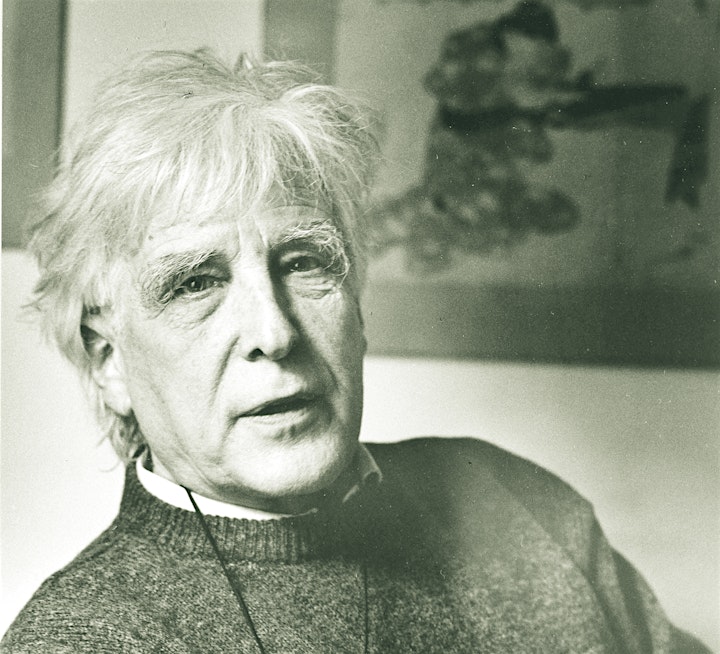The Insights Series is an eclectic and learned collection of monthly events on the 4th Tuesday of each month hosted by Cybernetics Society. There are lectures, seminars, conversations, debates, participation, all advancing our knowledge of cybernetics and related disciplines and their applications to real world needs. Speakers present their own views, without formal endorsement.
Cybernetics is the science of achievement, the great meta-discipline of our time.
The CybSights Insights series is normally curated and hosted by the Secretary, Angus Jenkinson, FCybS. Attendance is free. Non-members are invited to make an optional donation or to Join.
In this session,Steve Battle FCybS, a CybSoc Council member, gives his take on…
Robopsychology – Perceptual Control Theory and Braitenberg’s Vehicles
This talk is about experimental robot-psychology, applying the Test for the Controlled Variable to a class of robot known as Braitenberg’s Vehicles. Valentino Braitenberg was a cybernetician, a neuroanatomist, and a musician. His book, ‘Vehicles: Experiments in Synthetic Psychology’ inspired many to explore its strange intersection of cybernetics and artistry. The simplest among these robots can be understood as operating by Stimulus-Response; their outputs simply a function of the inputs. But put them in an environment and we see the emergence of behaviour—the control of perception. Can we speak about these curious creatures as having a purpose, and if so what is it?
Perceptual Control Theory is a theory of brain architecture that emerges from the key insight that the brain is fundamentally a control system. What it strives to control are its inputs, the perception of its environment. PCT has been practically applied in experimental psychology where the Test for the Controlled Variable (TCV) has been successfully used to identify the control strategies used by Basketball fielders to catch fly balls, for example.
Dr Steve Battle FCybS
Steve Battle gained his PhD in constraint satisfaction algorithms, from the Transputer Centre at the University of the West of England, in 1996. He joined Hewlett Packard Labs, UK in 2000 where he worked on tools and standards for semantic technology — metadata and ontologies. Working as an industry consultant from 2010, Steve explored the application of semantic technology in the medical and aerospace industries. Now back at UWE as a senior lecturer, he is exploring the intersection of AI and robotics, working with the world renowned Bristol Robotics Laboratory.
Join us, and engage in the dynamics of these key concepts
The sessions include audience participation!
Cybernetics Society – a learned society developing the science of design and contextual responsiveness.
For more events visit our Evenbrite studio page.
For videos of previous events visit our channel.
Cybernetics offers a distinct “go” — techniques — to address local and global challenges of the 21st century.
The Cybernetics Society promotes and offers education and research opportunities in the rich field of cybernetics. It is a specially authorised learned society regulated by the FSA and established by a 1974 Act of Parliament. To join visit our membership system or pick the Join ticket. We give MCybS and FCybS postnomal awards.
Cybernetics and the Society seek understanding of the vast domain of active causation, internally controlled behaviour towards outcomes of value in living organisms, people, ecosystems, societies and firms, and non-living machines. We cultivate the principles and praxis required to design policies, interventions, and innovations for social and ecological weal.
Cybernetics plays into and strongly influences many scientific and practice fields including design, epistemology, ecology, biology, psychology and living behaviour, technology and engineering, social policy, and business practice. Many feature in the wonderfully aware and successful designers and thinkers of this series.
We are interested in people who are learners, advisers, researchers, academics, designers, leaders. Those involved in policy and practice — think tanks, central and local government, enterprises, foundations, academic and civil society institutions. These may range from Rowntree to RSA, Royal Society to the Royal Institute of British Architects, the local housing association to the UN. We place great importance on the value of cybernetics for better business. From startups to global giants, cybernetics offers powerful insight and tools for enterprise.
The Cybernetics Society has hosted conversations and lectures since the late 1960s. We also have an Annual Conference. Videos are shared on our YouTube Channel. Get in touch of you have an idea. Follow us.

